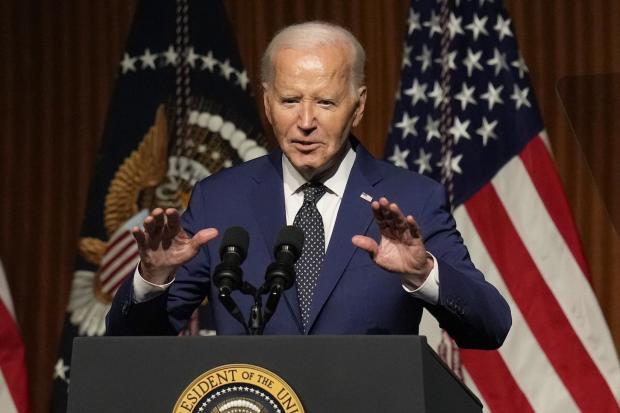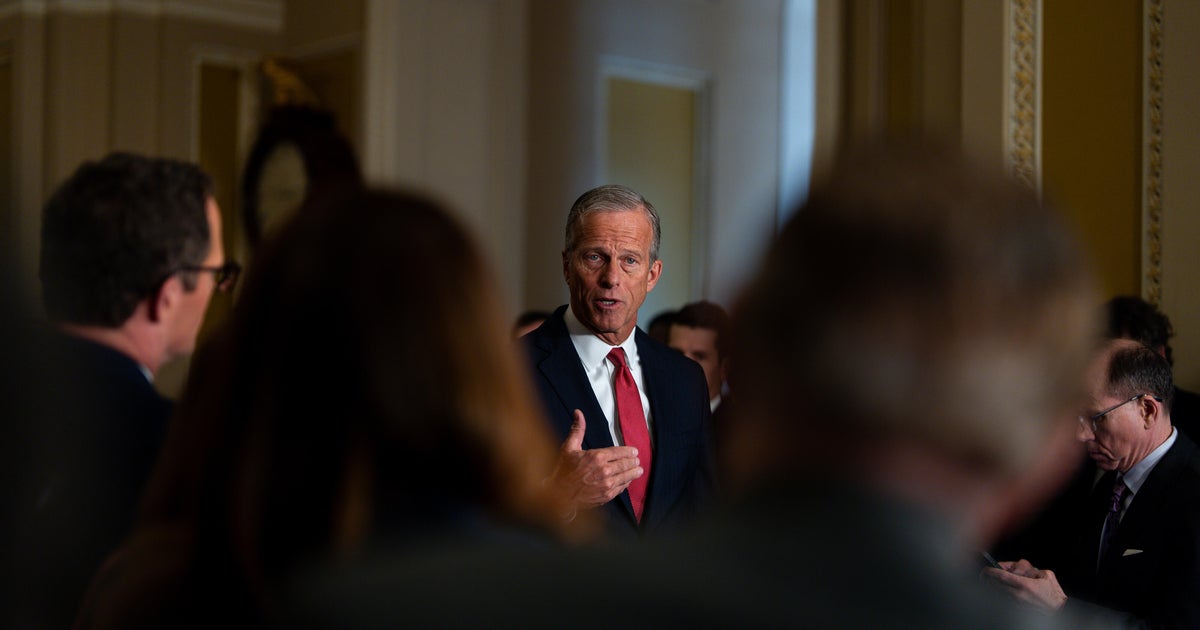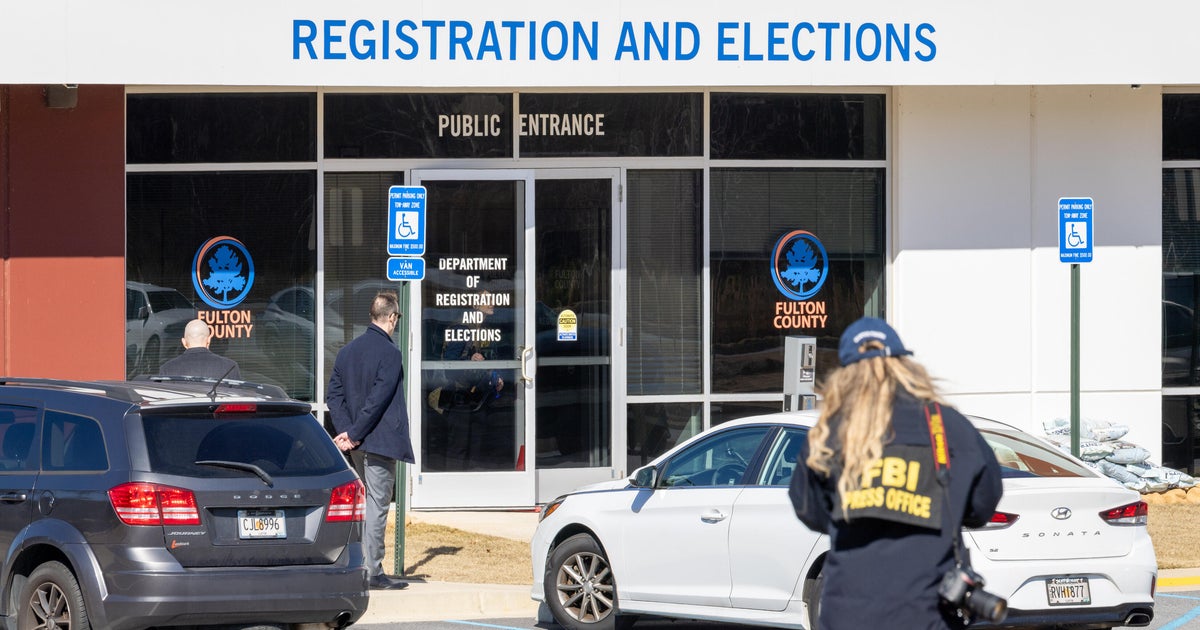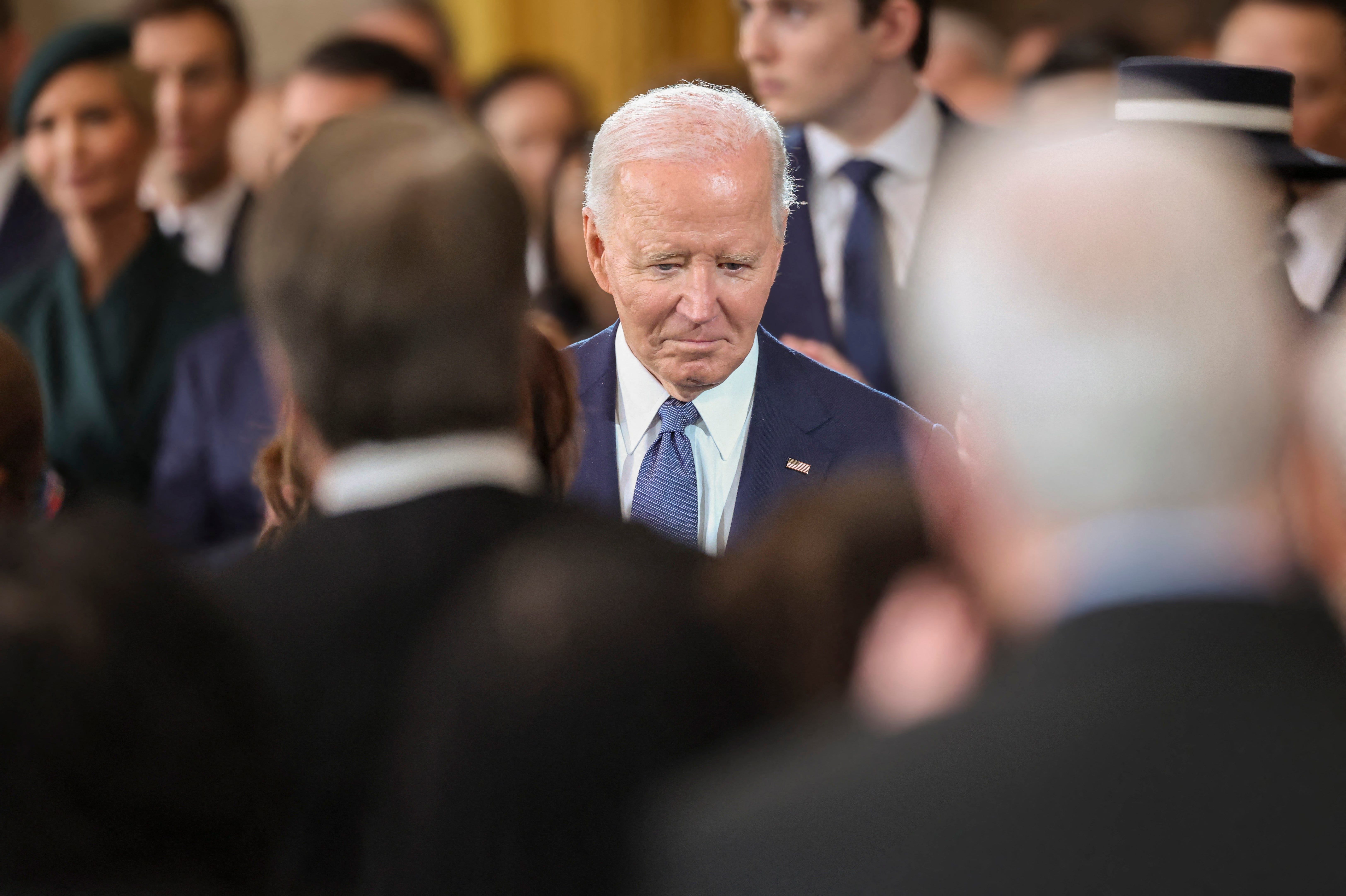Biden lays out plan for Supreme Court reforms, saying "extreme opinions" have undermined confidence
President Biden delivered his long-awaited proposal to reform the Supreme Court on Monday at the Lyndon B. Johnson Library in Austin, Texas, connecting his criticisms of today's Supreme Court to the civil rights that Johnson fought to protect.
Mr. Biden, who last week handed his presidential campaign over to Vice President Kamala Harris, detailed the reforms at an event marking the 60th anniversary of the Civil Rights Act of 1964, the landmark legislation that Johnson shepherded through Congress and signed into law. Four years later, Johnson declined to run for reelection, a precursor to Mr. Biden's choice to step aside earlier this month.
The speech was Mr. Biden's first public event since he explained his decision to drop out of the race in an Oval Office address last week. He received an uproarious welcome from the audience as he took the stage. He tied Johnson's championing of civil rights, and enforcement of the Civil Rights Act, to the courts today.
"We do not celebrate these laws as part of our past, but as critical components of our future. President Johnson understood what President Lincoln understood in his own time, that the courts would determine the scale and scope, the scale and scope, of our laws," Mr. Biden said. "Over 100 years after the Emancipation Proclamation, President Johnson vowed, in his words, to do this job that Lincoln started ... by challenging the court to live up to its constitutional responsibility. He did that by nominating Thurgood Marshall as the first Black justice of the Supreme Court, and by aggressively defending civil rights throughout the courts. But now, we live in a different era."
Mr. Biden said the "extreme opinions" issued by the Supreme Court in recent years have undermined important protections when it comes to voting access, abortion access and affirmative action in higher education. The Supreme Court's conservative majority has upended years of precedent in major decisions over the past several terms.
The president proceeded to lay out the framework of his proposal to reform the court. The most significant change would impose 18-year term limits for justices.
"The United States is the only major constitutional democracy that gives lifetime seats to their high court," Mr. Biden said, clearing his throat frequently.
He also called for a binding ethics code for the justices and a constitutional amendment that would limit presidential immunity, after the Supreme Court ruled Donald Trump has immunity for official acts he took as president.
Mr. Biden said that the immunity ruling set a "dangerous precedent" that will allow future presidents to break the law with impunity.
"For all practical purposes, the court's decision almost certainly means that a president can violate their oath, flout our laws and face no consequences," the president said.
The proposal for a binding ethics code comes after revelations that Justice Clarence Thomas accepted flights and travel accommodations from a Republican megadonor, trips he did not formally disclose until recently. Mr. Biden said the binding code of conduct must require justices to disclose gifts, refrain from political activity and recuse themselves from cases in which they or a spouse have a conflict of interest.
"On top of its extreme decisions, the court is mired in a crisis of ethics," Mr. Biden said. "These scandals involving the justices have caused public opinion to question the court's fairness and independence that are essential to carrying out its mission of equal justice under the law."
All of this would require legislation, a highly unlikely proposition in the near term. Republicans control the House, and Democrats only have a very narrow margin in the Senate. House Speaker Mike Johnson said earlier in the day that the plan was "dead on arrival" in the lower chamber.
When Mr. Biden landed in Texas, a reporter asked him what he made of Johnson's comment.
"I think that's what he is," Mr. Biden said. "He is — dead on arrival."
Moments later, during his speech, Mr. Biden said Johnson's "thinking" is dead on arrival.
The president told reporters he's "going to figure a way" to pass the proposal.
But Democrats in Congress aren't optimistic, either. Sen. Dick Durbin, chairman of the Senate Judiciary Committee, called the president's proposals a "remote possibility."
"It used to be that we dealt with ethics on a bipartisan basis, but the Republicans are not participating in it now," Durbin told reporters Monday.
The proposal could, however, fire up Democrats and liberals to get out and vote for Harris. She has 99 days to prove to the country that she, not Trump, should sit in the Oval Office.




